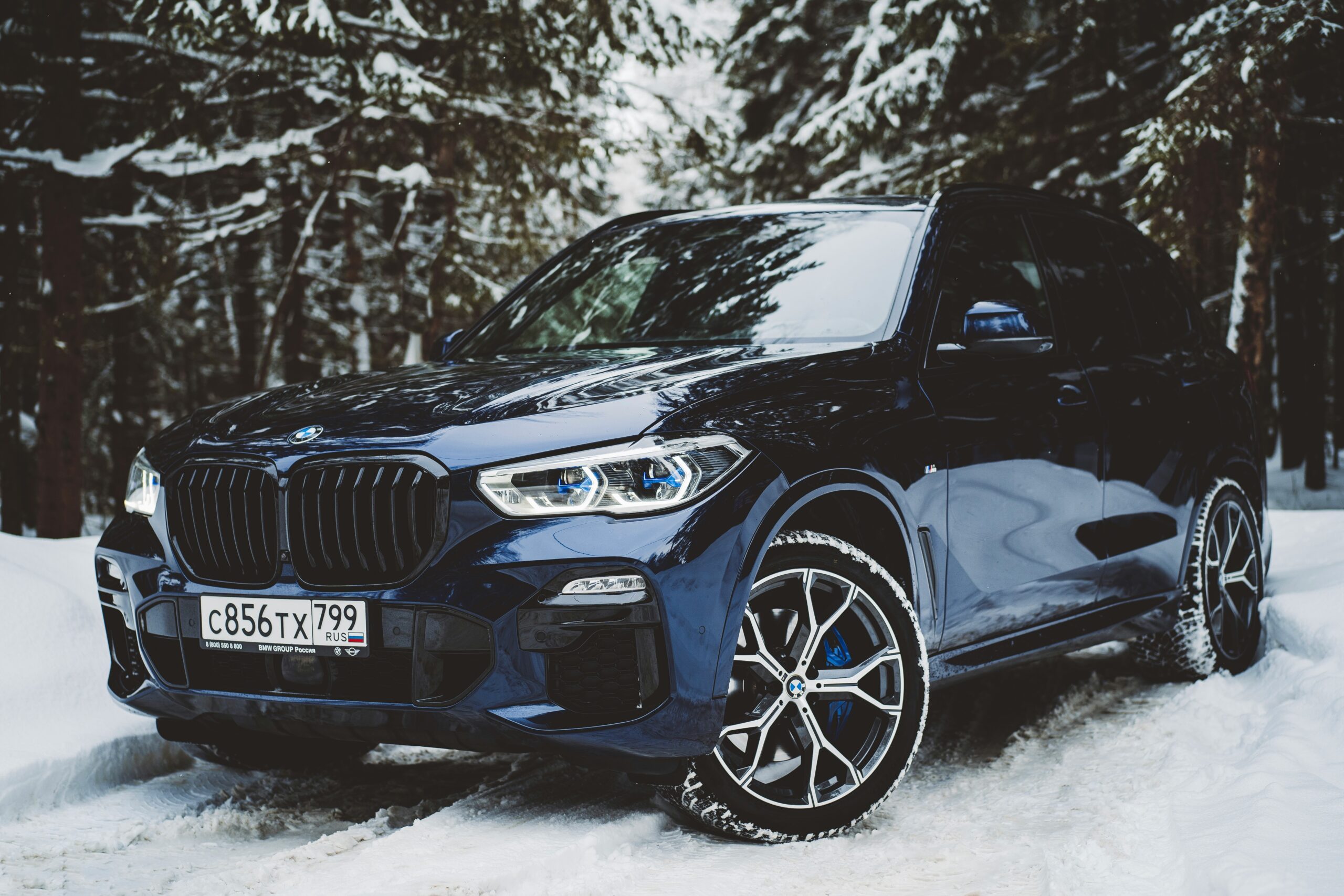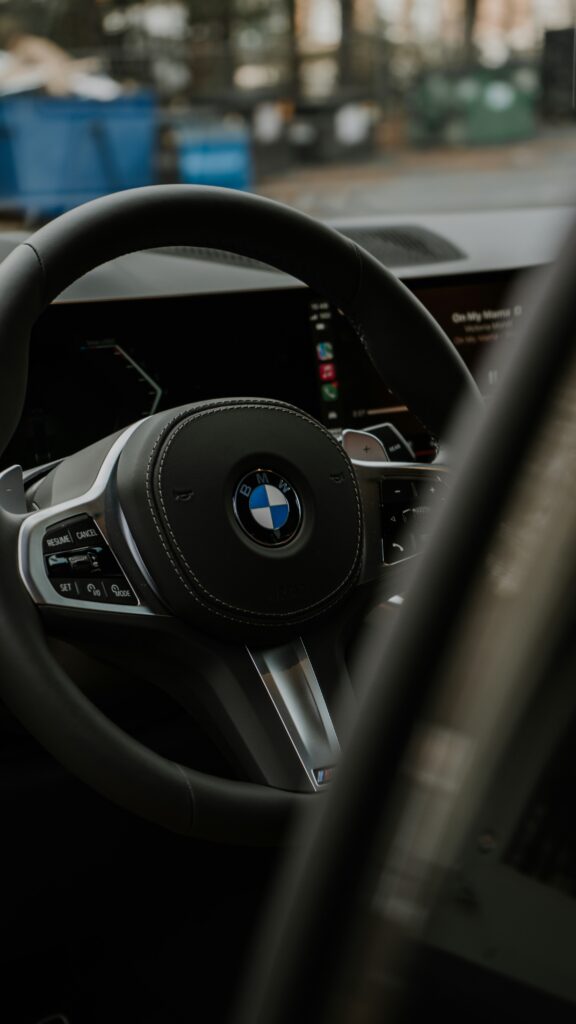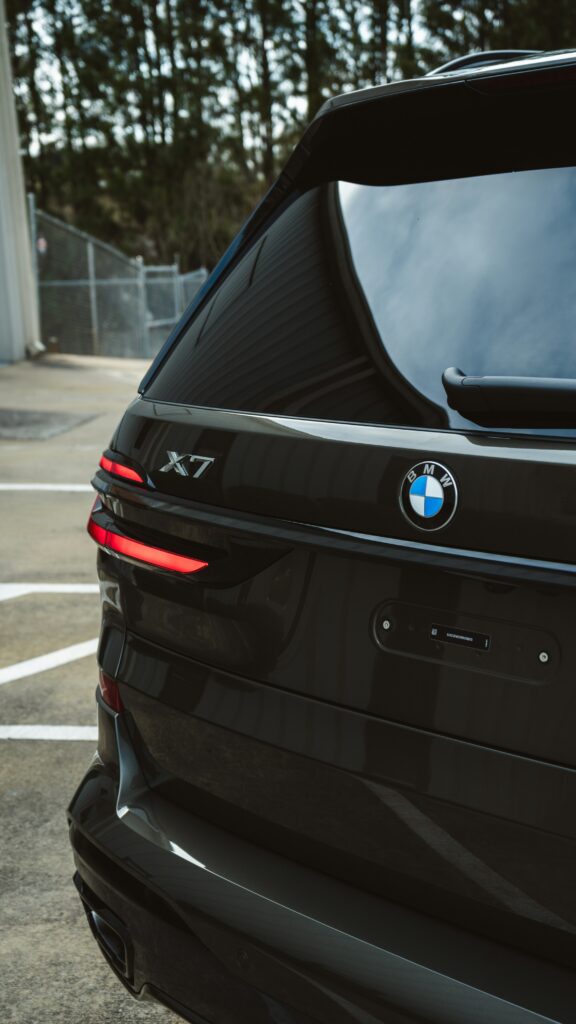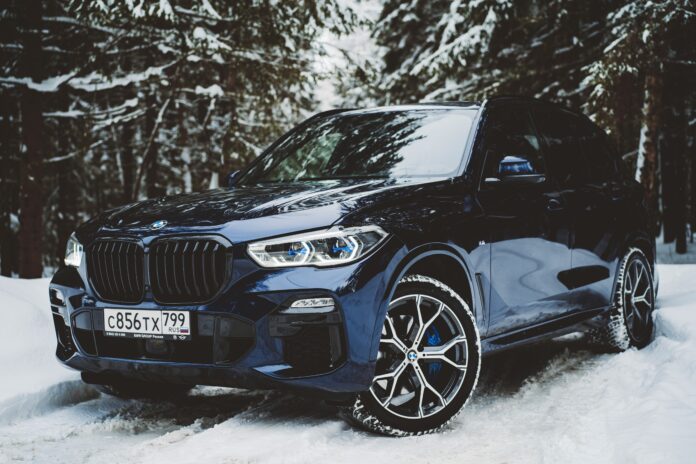
BMW Plans to Manufacture Electric Versions of the X5, X6, and X7 in the U.S.
BMW has revealed bold plans to electrify its flagship SUV lineup—the X5, X6, and X7—by manufacturing all-electric versions right here in the U.S. Here’s an in‑depth look at what this means for BMW, Spartanburg, and the American EV market:
1. Built on U.S. Soil: Spartanburg’s Electric Revolution
- BMW will invest $1 billion to prepare its plant in Spartanburg, South Carolina, for electric vehicle production. They will also spend $700 million to build a battery assembly facility in nearby Woodruff. The company plans to produce at least six fully electric models in the U.S. by 2030.
The first EV to roll off the upgraded lines will be the electric X5, targeting production start in late 2026.
2. iX5, iX6 & iX7: Expanding the Electric X-Fleet
- The iX5, an electric version of the X5, will launch in 2026. It will use an improved CLAR platform, not the Neue Klasse. This model will feature the latest 800V technology, round-cell batteries, and provide a longer driving range.
- Following the iX5, BMW plans to introduce:
- iX7 in 2027 – electric version of the X7
- iX6 in 2028 – electric coupe-SUV X6 counterpart
By then, all major BMW SUVs made in Spartanburg will have electric versions. This will provide a clean, U.S.-built option for luxury electric vehicle buyers.
3. Platform Strategy & M Performance
- Although the new SUVs use the CLAR (internal combustion hybrid-capable) platform, BMW is integrating Neue Klasse tech—including advanced electric motors and battery systems—into these electric SUVs
- In addition to the standard electric models, BMW will offer high-performance variants:
- An iX5 M Performance EV is planned for 2027, delivering over 600 bhp
Traditional ICE-powered M60i versions using 4.4 L V‑8 engines will continue to serve markets preferring petrol power, especially in North America

4. Moving Beyond Batteries: Hydrogen on the Horizon
- BMW isn’t stopping at battery-electric tech—it’s also developing a hydrogen-fuel-cell iX5, set to arrive around 2028, in partnership with Toyota
5. What It Means for Business & Consumers
- Spartanburg is currently BMW’s largest global plant by volume: in 2024 alone, it produced nearly 400,000 vehicles, exporting to over 120 countries
- With U.S.-made EVs and locally sourced batteries, BMW reduces its reliance on overseas suppliers and shipping, while boosting local jobs and reinforcing its “local‑for‑local” strategy
For American consumers, this means more premium, large‑SUV electric options with better access, quicker delivery, and tailored support.
Summary at a Glance
Model | Electric Launch | Platform | M Variant |
iX5 | 2026 | CLAR + Neue Klasse tech | iX5 M Performance in 2027 |
iX7 | 2027 | Same platform | TBD |
iX6 | 2028 | Same platform | TBD |
iX5 Fuel Cell | 2028 | FCEV tech | — |

BMW’s strategy to build electric X5, X6, and X7 models in the U.S. marks a pivotal step in the luxury SUV electrification race. With major investment in infrastructure, batteries, and new tech, BMW will offer locally-made EVs and hydrogen alternatives, while maintaining traditional petrol and M-performance options. It’s a move that’s significant not just for BMW, but for U.S. EV manufacturing as a whole.
